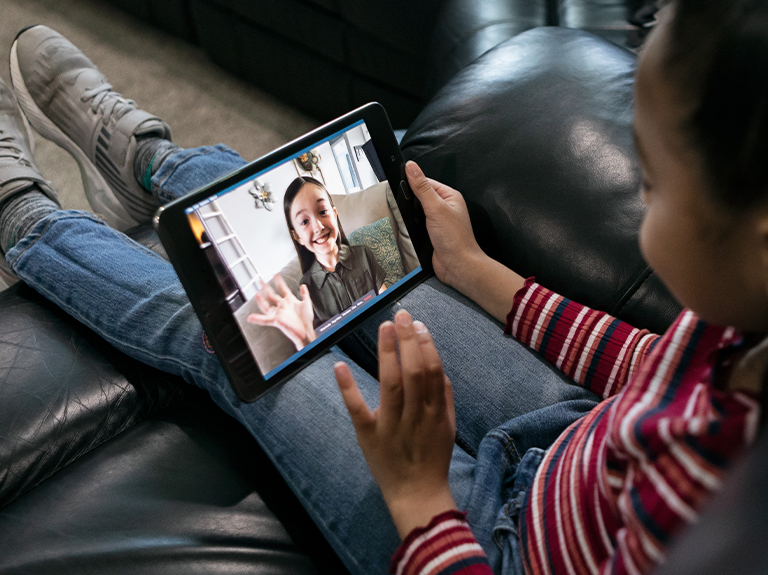A Letter to Drivers – It Can Wait

By Kelly King, Chief Executive Officer, AT&T in Mexico
Checking our cellphone is something we do almost instinctively, anywhere, anytime. On average, cellphone users touch their phones more than 2,600 times a day[1]. But what happens when we are doing something that requires all of our attention… like driving?
While there is no doubt that it plays an important part of our lives, how and when people choose to use technology, matters. A responsible use of mobile devices can ease and enrich our days. But, when one is driving, it only takes a split second to change lives forever.
We all know the risks of texting and driving, but nonetheless this happens more often than we think. More than 92% of people in urban areas in Mexico read, send messages or engage in other types of activities while driving; and nearly 24% claim to do it “all the time”[2].
September 20th is the International “It Can Wait” Promise Day, an initiative launched by AT&T in the United States in 2010, inviting drivers to stay focused on the road and not on their phones. Because a life is worth more than any text message, voice note, call or social media post.
Worldwide, almost 20 million people have made the pledge not to text and drive. In Mexico, we’ve come a long way in only two years with almost 5 thousand people joining this movement through our website. But it´s not enough. Each of us has the responsibility to do their part. The scope of our impact increases as we lead by example. We can all be role models in our lives, spreading the word that distracted driving is never okay, showing our commitment to this cause and encouraging others to join us.
This is not a small risk: over 24 thousand people die every year in México as a result of car accidents, 40 thousand are left with a permanent disability, and over 750 thousand are critically injured[3].
Together, we can turn these numbers around. I invite you all to join our campaign: let’s take a leadership position around “It Can Wait”. Click here, sign the pledge, share and be part of the change we need.
[1] According to a study by dscout: https://blog.dscout.com/mobile-touches
[2] According to a study by AT&T, developed by EthniFacts and IPSOS Mexico in 2015.
[3] With data from the Mexican National Institute of Statistics and Geography (Inegi).


